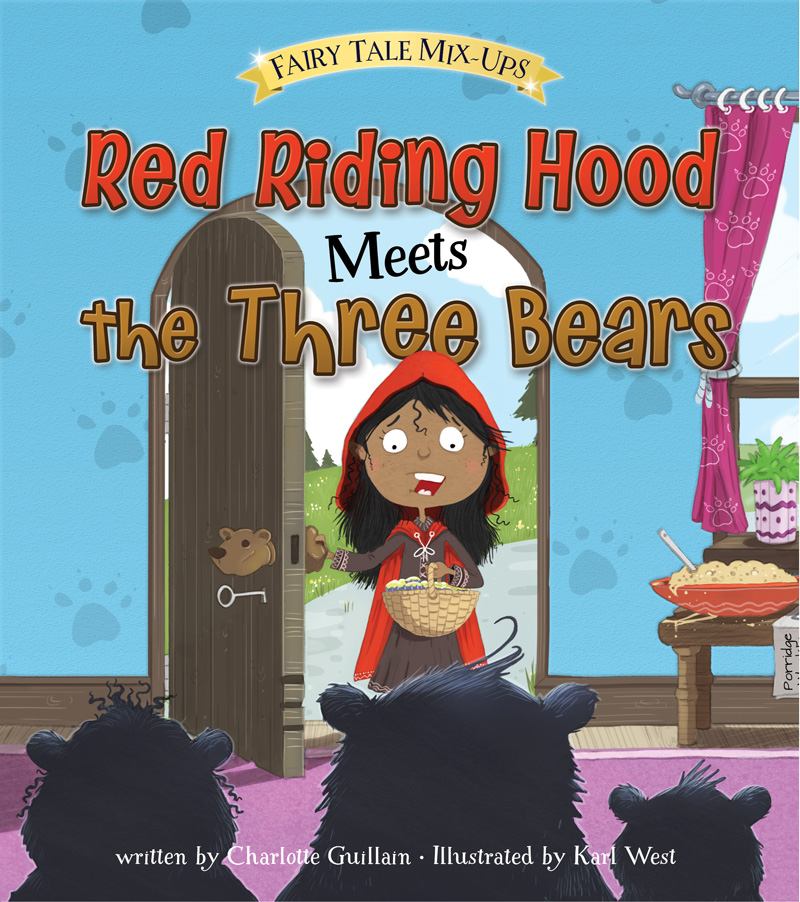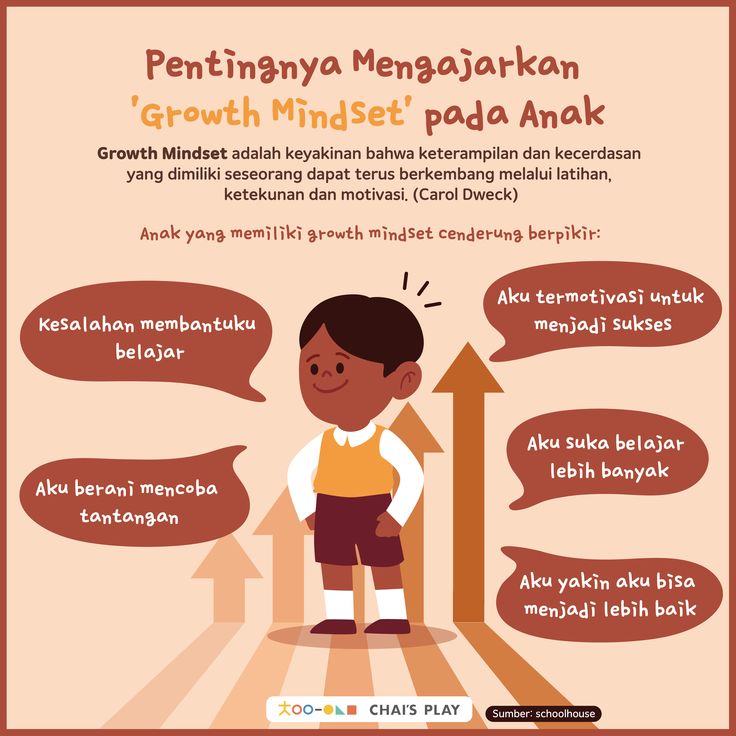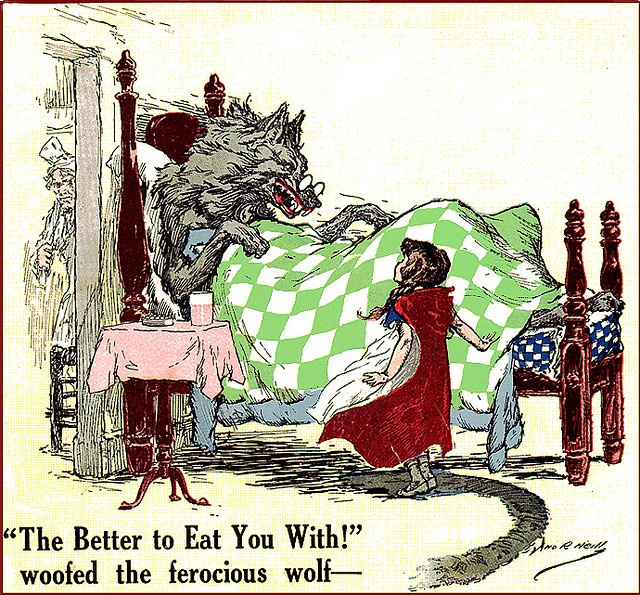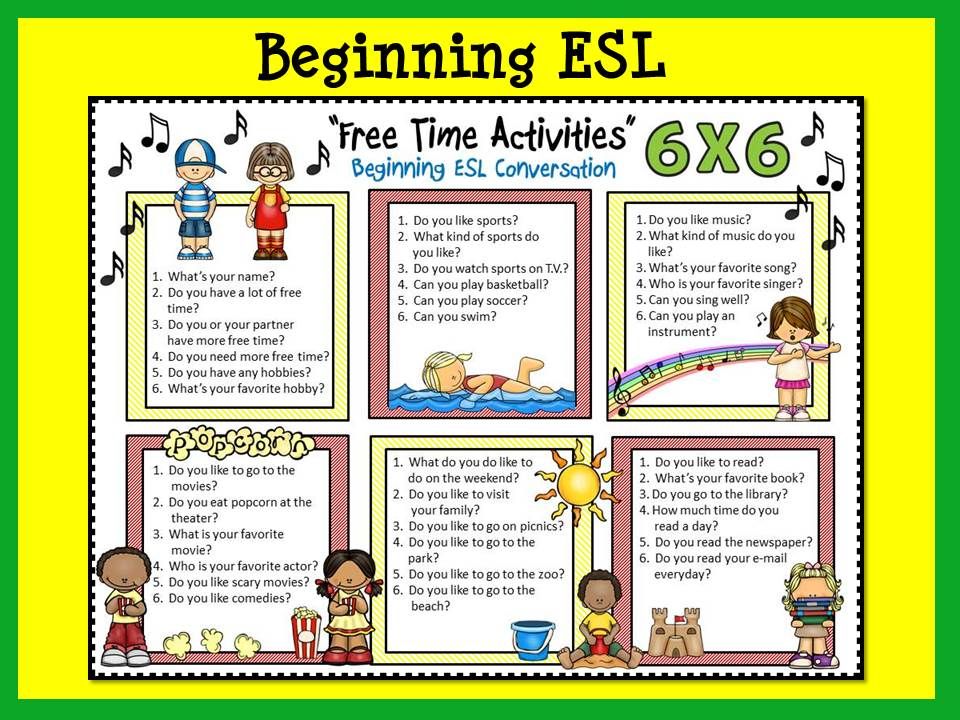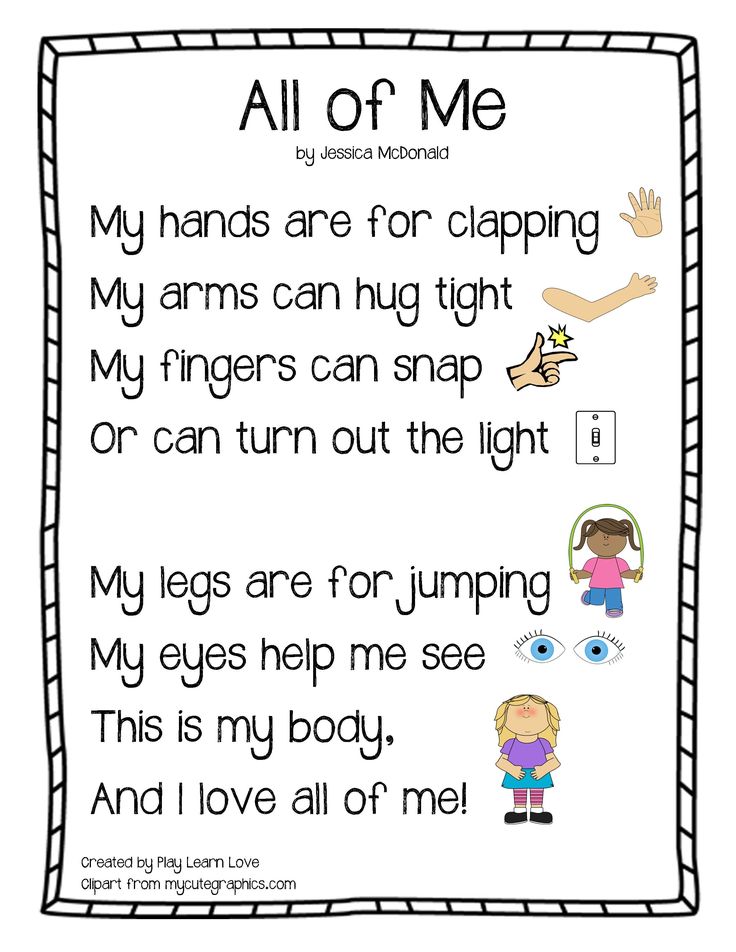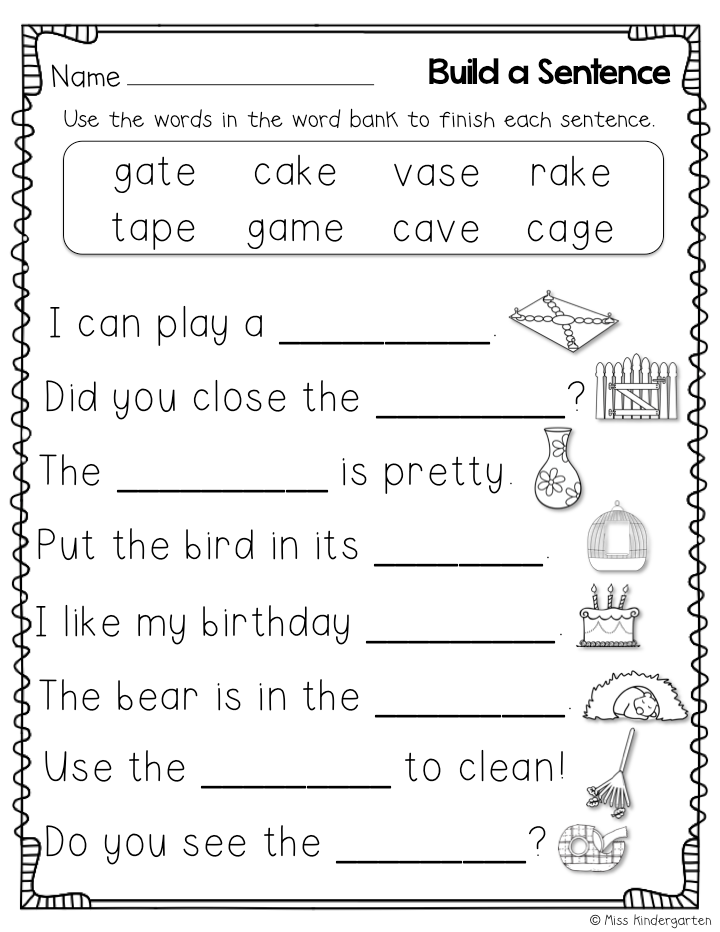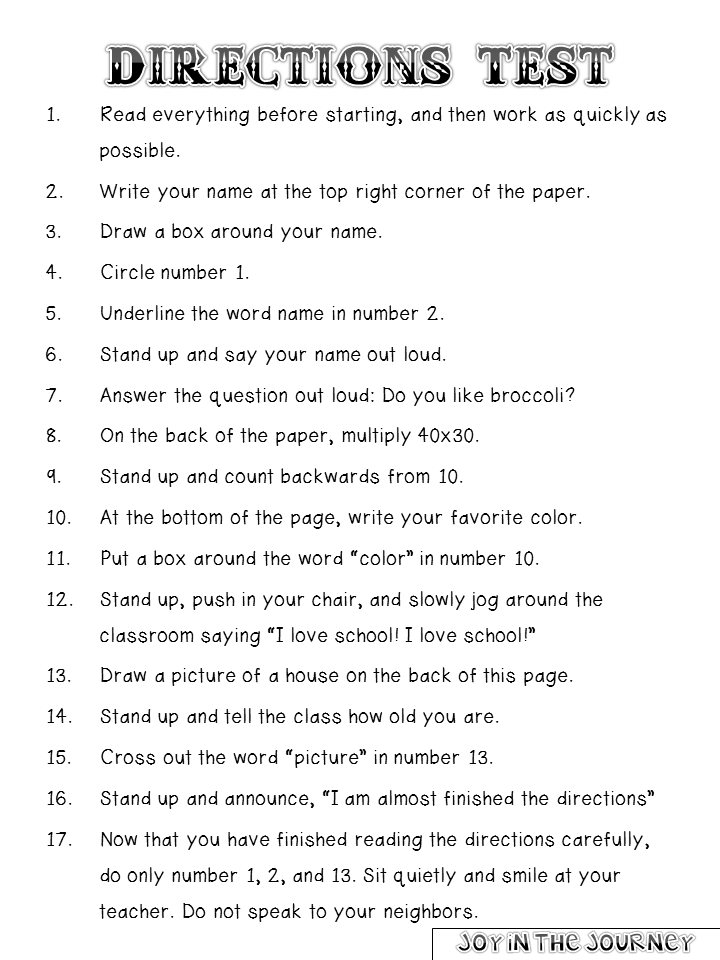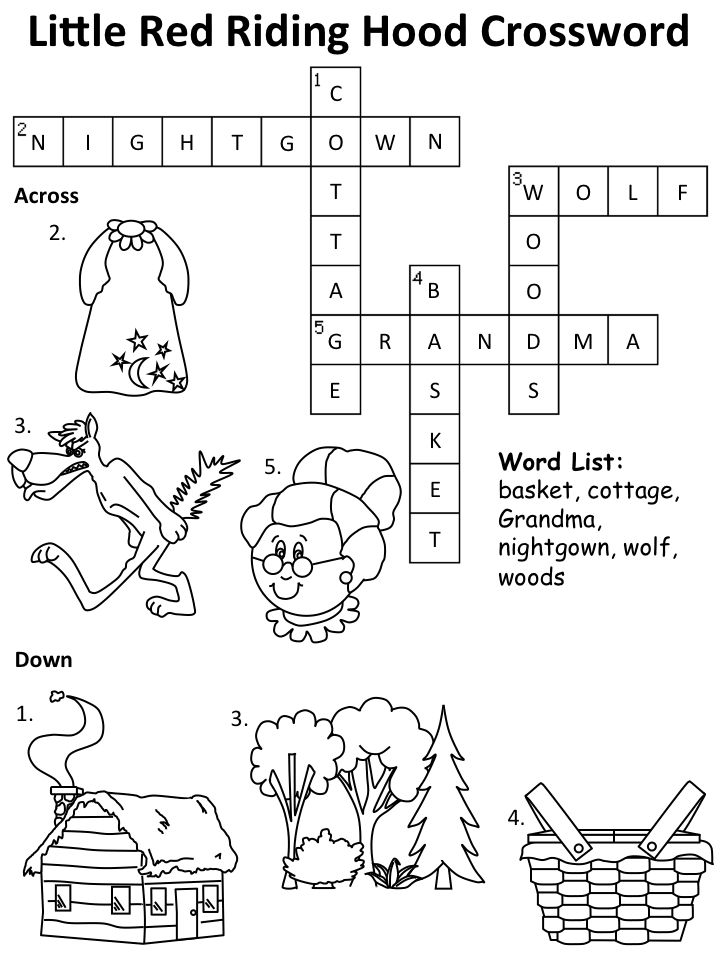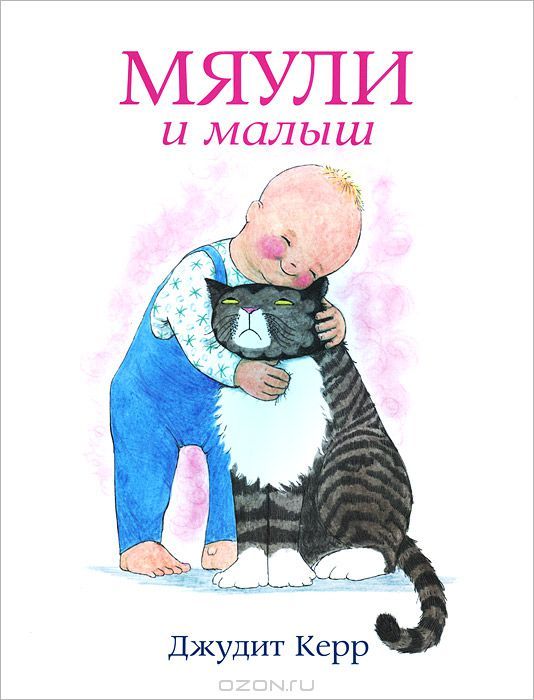Spelling games own words
Help
Problem: The website is blocked to my students
Do your students get a message such as "website can't be reached"?
Solution: Contact your school's technology department, or someone at your school who's in charge of the internet, and tell them you wish to use this website with your class. They can simply unblock it by adding it to their list of approved websites within a couple of minutes.
Problem: I’m using a Mac and the website isn’t working
If you’re using a MacBook or an iMac and the website isn’t working, then try using it with a different browser. If you tried Chrome for Mac and it didn’t work, then try the Safari browser instead (it’s already installed on every Mac), or Firefox (it’s free to download, quick to install, and works great).
How can I save my lists?
After you type your list, click the "Save list / Open saved list" button. Then, type a title for your list, and click the "Save" button.
You can save this way up to 24 lists.![]() They will be stored locally in your browser's cache. Note that if you delete your browser's "history" then your saved lists might get deleted.
They will be stored locally in your browser's cache. Note that if you delete your browser's "history" then your saved lists might get deleted.
Problem: I can't save lists / Saved lists are erased
Your lists might not be saved due to the following reasons:
1. Too strict privacy settings in your browser. (try reducing it, or try another browser).
2. Too strict anti-virus or firewall settings. (try reducing it).
3. In schools, web administrators often disable some features of the computers such as the ability to save changes that you've made.
If you can't get your lists saved, you can always save your lists in a document, as described in the following section:
Saving lists permanently
You can save lists permanently in a text document.
Copy the sharing code (see the section below about sharing lists), and paste it inside a text document (such as MS Word or Google Docs). Type your title above it. You can paste this way as many lists as you wish.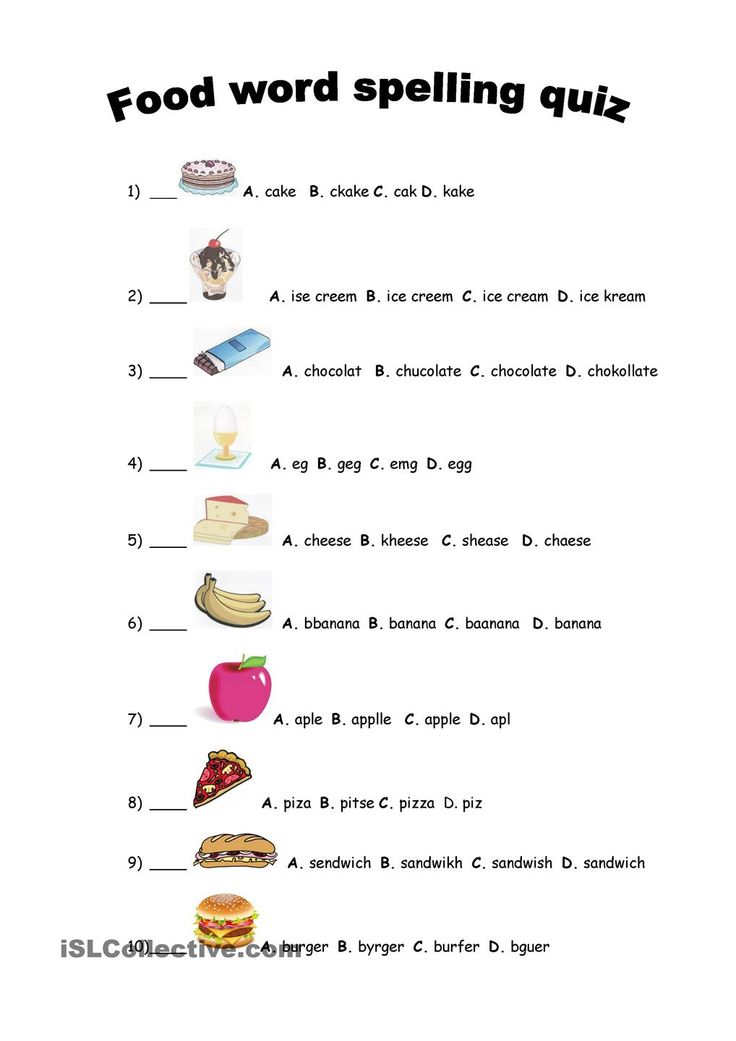 Save the document.
Save the document.
In most document types, when you click the sharing code it will automatically open the website with your list inside it.
How Can I share my list with my students?
After you type your list, click the "Share this list" button. An address that contains your list will appear. Copy it, and paste it in your class's website, or in your Google Classroom.
Problem: A game stopped working (can't hear sound, or the screen is black, or doesn't load)
Note that old computers (older than 4 years) might have trouble running some of the games.
Solutions:
1. Try reloading the page (use the "reload" button on the browser, or the F5 key on the keyboard).
Does it work now? If it doesn't, then try the following:
2. Close the browser, including all its open tabs (better save your word list before closing). If you can, close other computer programs that are open too.
Now wait a few seconds (to let the computer's memory get flushed).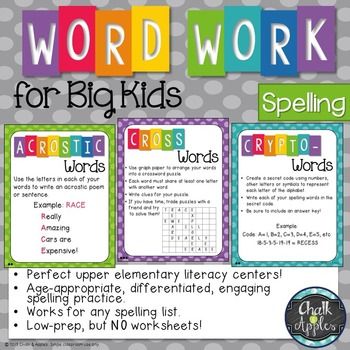
Now open the browser again, get back into spellingtraining.com, go to the problematic page and reload it again.
If it still doesn't work, then:
3. Try the website with another browser (Google Chrome, Firefox, Microsoft Edge, Safari, etc.). If it doesn't work with one - it might work with the other.
If it still doesn't work - please tell me about it! Send me an email to: [email protected]
But also in the meantime, the following solution will probably work -
4. Try using the website from another computer.
Problem: Some games are suddenly missing (Rollercoaster, Dragon)
Solution: If you browse from a computer and this happens, try the following:
1. Maximize the browser's window size. The games might now reappear.
2. Try zooming out by clicking "Ctrl" with "-" (pressing Ctrl with the minus key). If you zoom out the missing games will appear.
Note that those 3d games (rollercoaster, dragon island, jungle speller etc.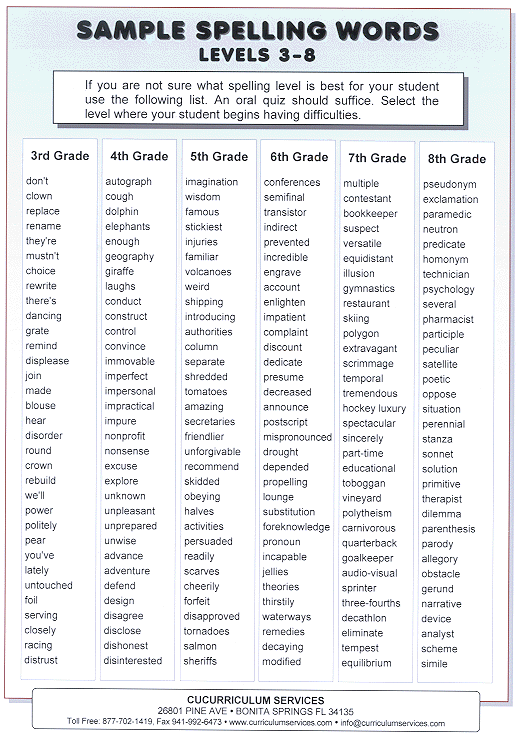 ) won't appear on tablets and smartphones.
) won't appear on tablets and smartphones.
I didn't find an answer to my problem
If there is anything else that you need assistance with, don't hesitate to contact me and I'll do my best to help you. My email is [email protected]
Online Spelling Games | Home Spelling Words
We apply the elements of game playing to learning. This method is know as gamifying,
which is an excellent method for encouraging engagement while learning.
Home Spelling Words recognizes the importance of having fun and playing interactive games while learning.
Below are some of our most played games.
Word Search Game
The Word Search game takes your spelling words and puts them into the fun and well known game. You highlight the words and
they get crossed out from your list. You can use this game to make your own spelling lists or use our K-9th grade words.
Play Word Search
Fill-in-the-Blank Game
Our Fill-in-the-Blank game changes every time! It randomly selects letters to hide.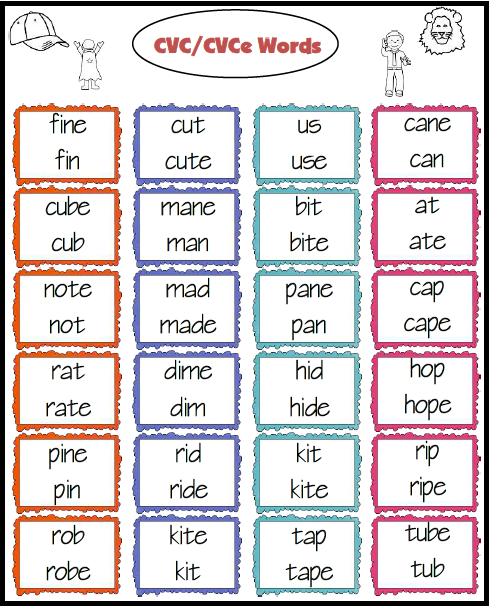 This makes the game different
every time you play. Just like the test or practice sections, this game checks for capitalization and apostrophes.
It's a great way to learn while having fun. You can play with your lists or ours!
This makes the game different
every time you play. Just like the test or practice sections, this game checks for capitalization and apostrophes.
It's a great way to learn while having fun. You can play with your lists or ours!
Play Fill-in-the-Blank
Spelling Soup Game
The Spelling Soup game drops words from the selected list. Students must catch the correctly spelled word in the bowl to
get points.
Play Spelling Soup
Crazy Fish Spelling Game
Can you help Crazy Fish eat the correctly spelled words on surfboards? Test your spelling skills by making your own
spelling lists or by using our spelling lists. If you have kids who hate spelling, then this is the kind of spelling
help you need. Enter easy words, hard to spell words, holiday lists or anything you like.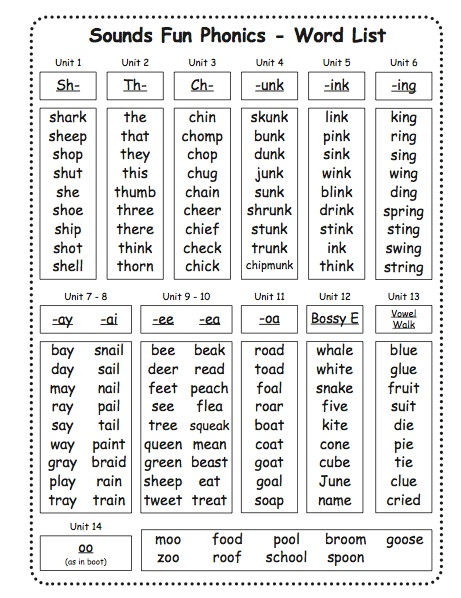 Crazy Fish is just one of
the many new spelling games for kids that we’ve recently developed.
Crazy Fish is just one of
the many new spelling games for kids that we’ve recently developed.
Play Crazy Fish
Memory Game
Memory Games are always a favorite, and this interactive spelling game will keep your kids entertained.
Your student will get to know and recognize their spelling lists through playing this memory game with
their own spelling words from school or with our grade appropriate spelling lists developed by teachers.
This is one of our many new great spelling word activities for kids.
Play Memory Game
King Cactus Game (Hangman Game)
Our fun King Cactus game is a hangman style game. The object of the game is to save the
fish from getting caught by the fisherman! Select a letter that you think is in the word
and if it is wrong, bits of a fish start to appear on the hook.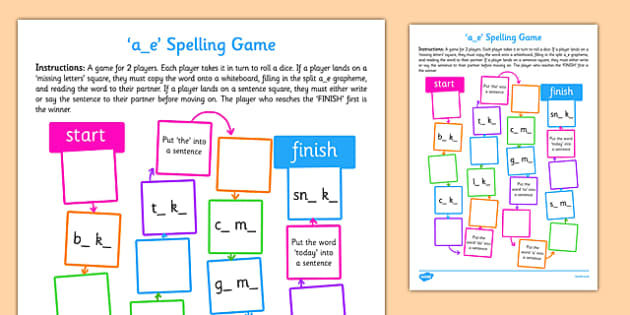 If you can't guess the
word, then the whole fish in on the line and you are caught and end up in the fisherman's bucket!
If you can't guess the
word, then the whole fish in on the line and you are caught and end up in the fisherman's bucket!
Play King Cactus
Word Scramble Game
If you're looking for fun spelling activities for kids then the Word Scramble Game was made for you!
We take your spelling words and scramble them up and you have to guess the words by selecting letters.
If the letter is right, it sticks, but if it is wrong, you have to keep trying. It's a unique and engaging way to
practice spelling.
Play Word Scramble
Mouse Maze Game
Use the mouse maze game to practice spelling. Help Herman the mouse navigate toward each cheese.
Once Herman touches the cheese, your student will hear the spelling word and will be prompted to
spell the word to continue.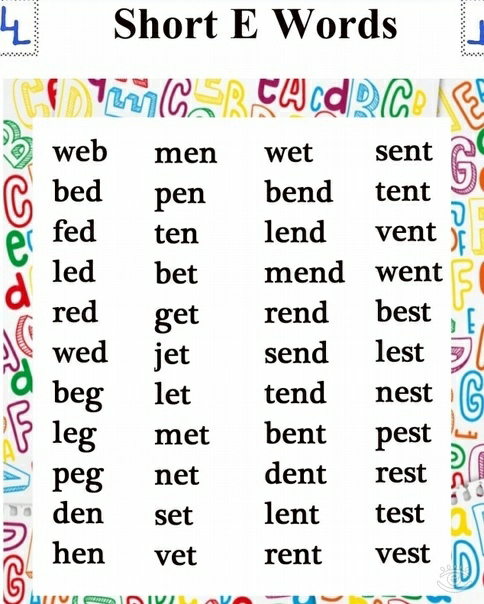 If there are a lot of words on the spelling list, you may find
yourself helping Herman through multiple mazes until you've reached the end.
If there are a lot of words on the spelling list, you may find
yourself helping Herman through multiple mazes until you've reached the end.
Play Mouse Maze
Word Chopper Spelling Game
Chop Away at Your Spelling Lists until you get all the words right!
Word Chopper is another great original interactive game developed by Home Spelling Words.
The object of the game is to spell the words correctly until you've spelled them all correctly.
Essentially, you whittle away at your spelling list by spelling words right. This is a great way
to practice for your weekly spelling tests as you are able to practice as much as you like, while
playing a fun game. Spelling practice is never boring when you can play games to learn.
Play Word Chopper
Bink Bonk Game
Bink Bonk is a fantastic educational game.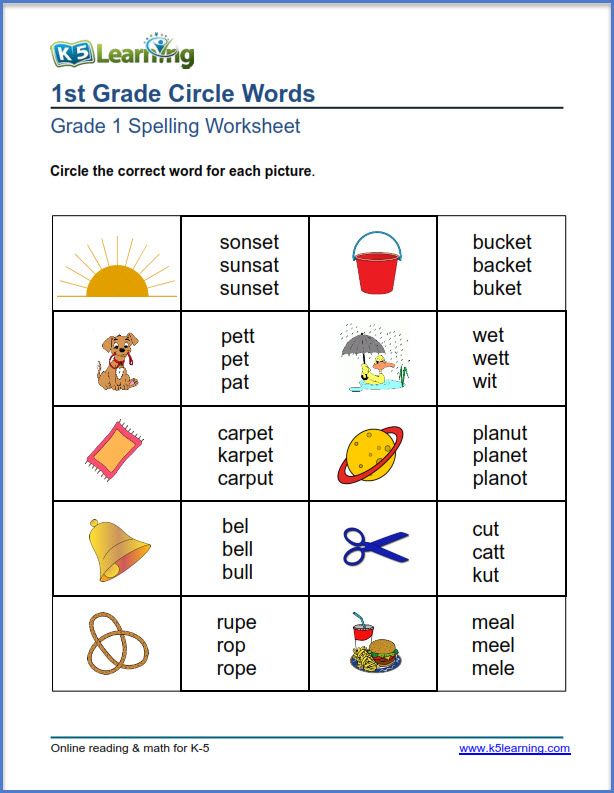 The player must use the paddle to hit the purple blocks and they
will be prompted to spell one of their spelling words from their list until their entire list is completed.
The player must use the paddle to hit the purple blocks and they
will be prompted to spell one of their spelling words from their list until their entire list is completed.
Play Bink Bonk
Abstract of the Russian language for grade 2 "Proper and common nouns"
MBOU "Secondary school No. 1" of the city of Velizh
Abstract of the Russian language for grade 2
Completed by:
Smirnova Tatyana Valerievna,
primary school teacher
Velizh
Lesson topic : “Proper and common nouns. Generalization of knowledge about writing words with a capital letter "
(summary of a lesson in the Russian language in grade 2)
Purpose - generalization and systematization of knowledge about the use of capital letters in proper nouns, consolidating the spelling skills of the studied spelling, development of speech activity children, the formation of positive learning motivation.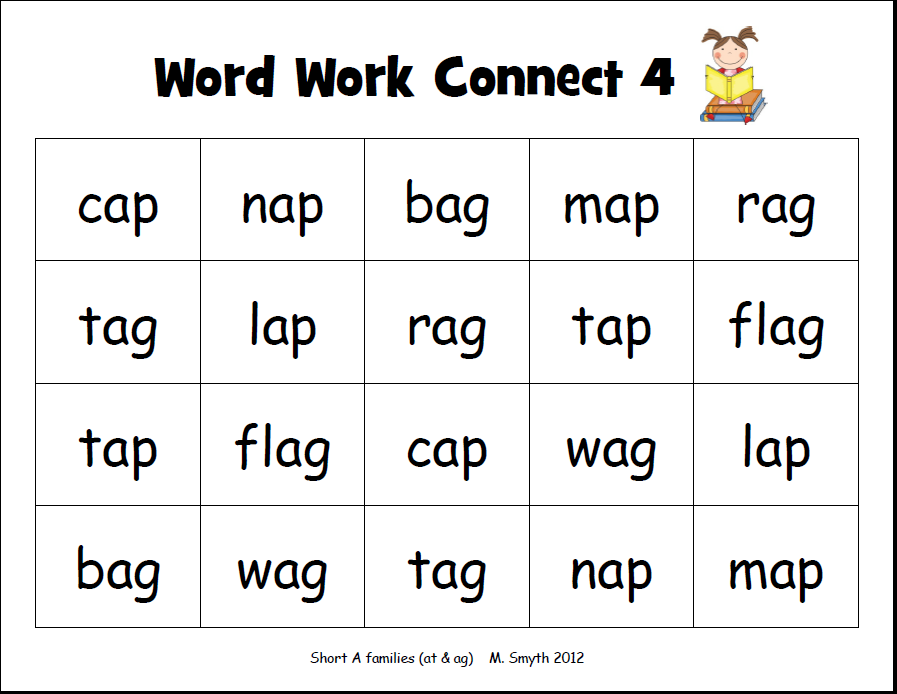
Tasks
Educational:
-
Repeat knowledge about the noun as a part of speech, about proper and common nouns;
-
Systematize knowledge about proper nouns and their spelling;
-
To form the ability to apply theoretical knowledge to solve practical problems, including problems of increased complexity;
-
To consolidate the spelling skills of the studied spellings, the ability to find the basis of the sentence.
Developing:
-
Develop spelling vigilance, attention, ability to compare, generalize, establish analogies;
-
Develop the ability to set goals, accept and maintain a learning task, plan, control and evaluate their actions.
Educational:
Equipment:
-
interactive board, projector, computer;
-
EN portrait.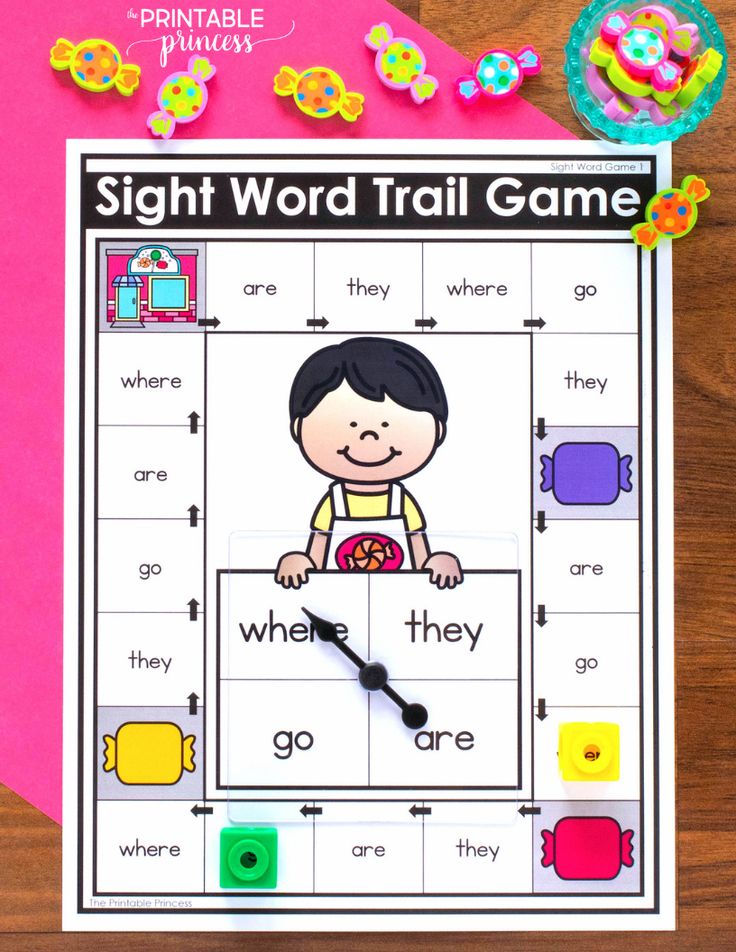 Uspensky;
Uspensky;
-
book by E.N. Uspensky "Uncle Fyodor, a dog and a cat";
-
cards for group and pair work, markers.
Annotation
A non-standard lesson of the Russian language in the form of the game "Big Letters" is focused on personal, meta-subject and subject results.
Tasks are selected in accordance with the goal and objectives. After completing the first task of the game, knowledge about proper nouns and their spelling is generalized and systematized. The following tasks are aimed at developing the ability to use existing knowledge in solving practical problems. The lesson uses individual, group, pair, collective forms of work. Dynamic pause is carried out when performing task No. 2 "Show capital letter."
The chosen game form of the lesson contributes to the activation of the cognitive activity of students, the formation of positive learning motivation, interest in reading children's literature and learning the Russian language.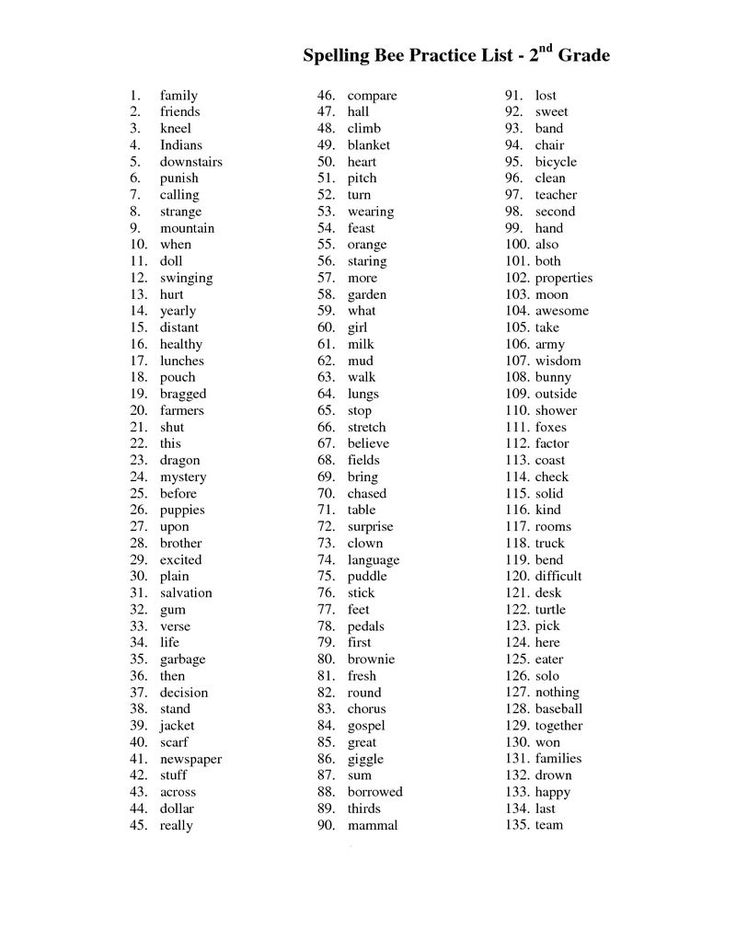
The lesson is accompanied by a presentation of 16 slides:
-
The first slide is the topic of the lesson. The transition to slide 2 is carried out using the button
-
2nd-5th slides puzzles (for verification there is a button, by clicking on which the encrypted word appears)
-
6th slide - playing field No. 1, on which 6 clouds are placed, numbered in the appropriate order. If the children have successfully completed the task, you need to click on the cloud with the corresponding task number, a letter will appear. If the children did not complete the task, then the letter does not open. After completing all six tasks, the transition to slide 14 (playing field No. 2) is carried out using the button
-
buttons After completing task 2, press the button and return to the playing field No. 1
-
8-13 slides are letters.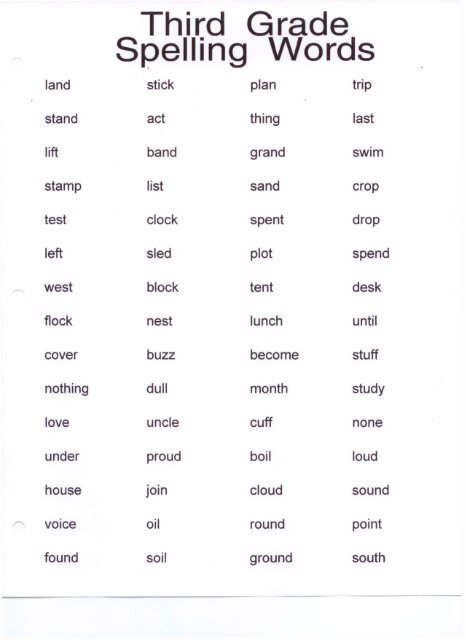 The transition to slide 6 (playing field No. 1) from slides 8-13 is carried out immediately after demonstrating the letter using the button
The transition to slide 6 (playing field No. 1) from slides 8-13 is carried out immediately after demonstrating the letter using the button
-
1 4 slide - playing field No. 2, on which, after completing all the tasks, we open the letters that the children earned. To do this, click on the clouds with the numbers of completed tasks. To check, press the button
-
15 slide - "The lesson is over"
-
16 slide (hidden) - list of sources
Lesson progress
-
Organizational moment. Psychological mood for the lesson
Teacher: Guys, now we have a Russian lesson. Sit properly and get ready, please, for work:
Do not chat during the lesson,
Do not waste time.
There is a lot to learn.
This will come in handy in life.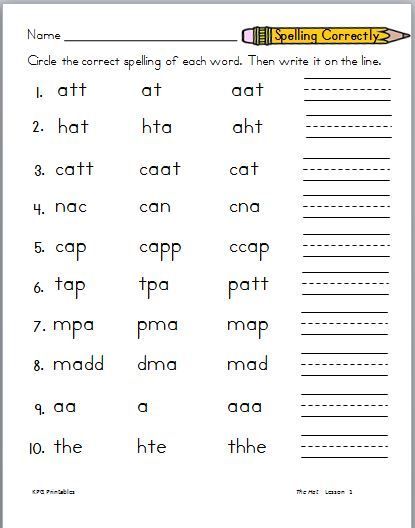
Teacher: Write down the number in your notebook, the words “Classwork”. When writing, pay attention to the height, width of the letters, the correct connections of the letters, follow the slope.
-
Calligraphy and spelling
Teacher: Guess the riddle:
I have been living in this world for a long time,
I give names to objects.
Teacher: Write down the answer in your notebook in the middle of the line with a capital letter. (Noun)
-
Knowledge updating, vocabulary work
Teacher: What is a noun? (part of speech)
Teacher: What does a noun call? (objects, natural phenomena, living beings, events)
Teacher: What questions does it answer? (who? what?)
Teacher: What are nouns? (animate and inanimate, proper and common)
Teacher: Now, I will tell you a story that happened in one school.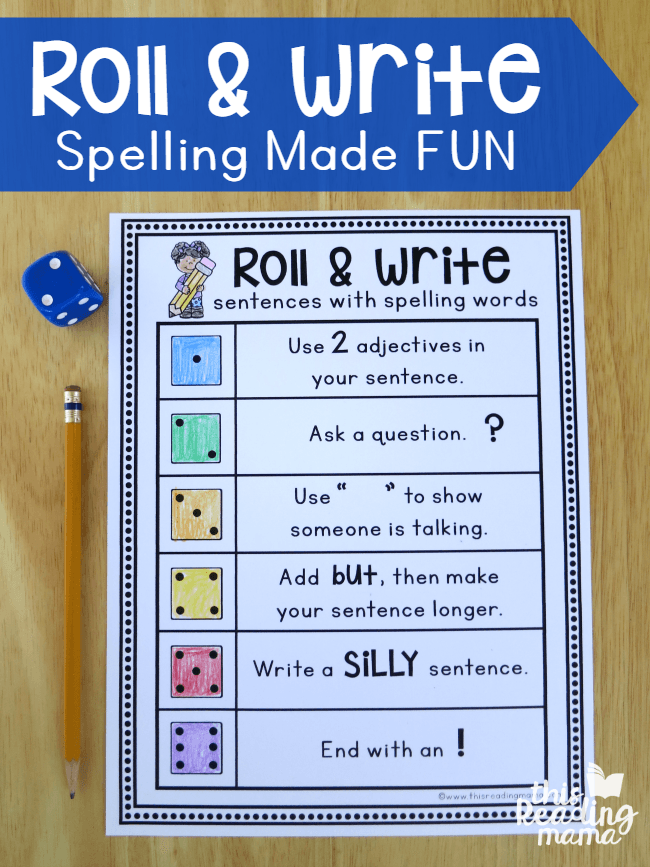 At the Russian language lesson, the teacher asked the children to write down the noun SEREZHKA in their notebooks. Ira wrote this word like this - earring (writing on the board), and Sasha so - Earring (writing on the board). Who do you think is right: Ira or Sasha? Prove it.
At the Russian language lesson, the teacher asked the children to write down the noun SEREZHKA in their notebooks. Ira wrote this word like this - earring (writing on the board), and Sasha so - Earring (writing on the board). Who do you think is right: Ira or Sasha? Prove it.
(summarizing the children's answers, the teacher concludes that both students are right)
Teacher: So, when do we write the word EARRING with a capital or capital letter? (when it is a boy's name, i.e. a proper noun) When do we write this word with a small or lowercase letter? (when it is a decoration threaded into the earlobe, i.e. a common noun)
Read the poem written on the piece of paper - Card No. 1 (Appendix 1). Think about which letter in brackets is superfluous. Cross it out. Exchange leaflets with a neighbor on the desk. Mutual verification.
Teacher: What do you think is the topic of our Russian lesson today? (children's answers)
Slide 1
Teacher: We have been studying proper and common nouns for several lessons.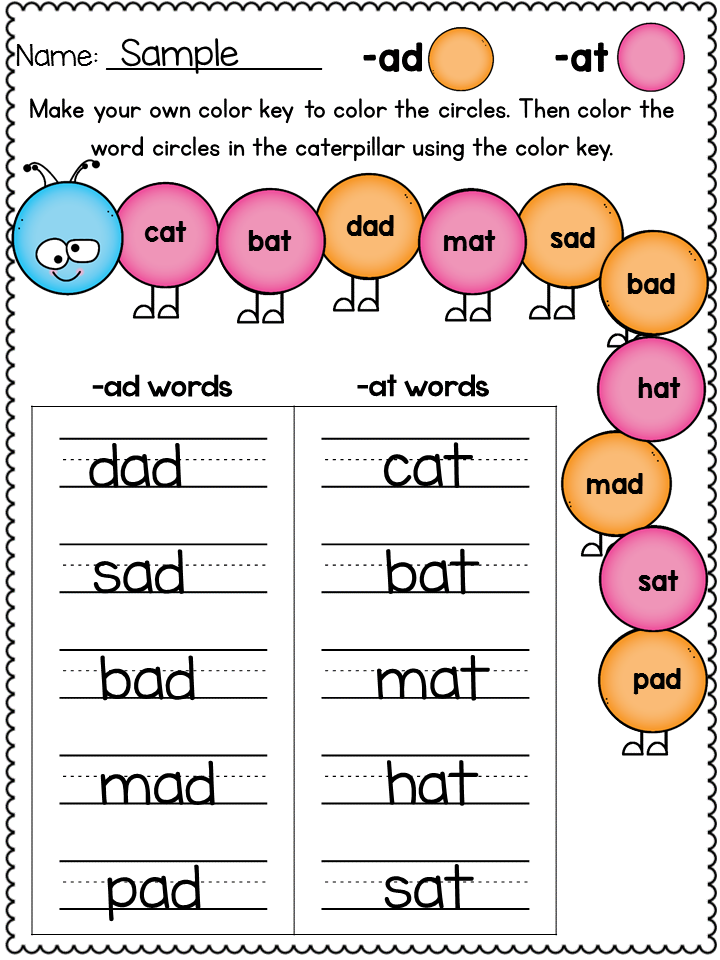 Today we will summarize everything we know about proper and common nouns, perform many interesting tasks.
Today we will summarize everything we know about proper and common nouns, perform many interesting tasks.
Teacher: Ungrave puzzles: 1
Slide 2
Slide 3
Slide 4
Country 9000 9000 9000 9000 illegal ? (common nouns)
Teacher: Choose a proper noun for each common noun from the words written on the board
Russia, Moscow, Academician Koroleva
Teacher: Read what did you get? (address)
Teacher: What is missing? (house number)
Teacher: I'll tell you: the house number is 19. How our address continues, you will find out by deciphering the rebus.
Slide 5
Teacher: Write this word in your notebook.
Teacher: What is your favorite channel? ("Carousel")
Teacher: Remember how the names of performances, paintings, magazines, programs are written, and write down the name of the TV channel in your notebook.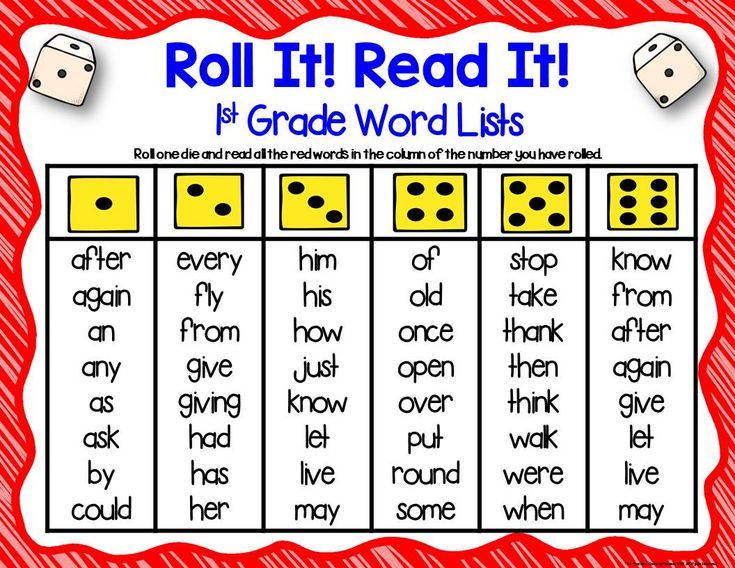
Teacher: On the Karusel channel there is one very interesting game for experts in the Russian language. The first word of the name is an antonym for the word small, the lexical meaning of the second word is signs, to designate sounds in writing. Who guessed? (children's answers)
Teacher: Our lesson today will be in the form of the game "Big Letters".
Slide 6
Teacher: You have to complete 6 tasks, for each completed task you get a letter. If you cope with all the tasks, you will receive 6 letters from which you will need to make a word. If you do not cope with the task, then the letter remains with me, and you will need to guess the word from the letters you have. During the game you will be accompanied by literary heroes. And what are these heroes, you will find out by completing the 1st task.
-
Independent creative use of acquired knowledge, formed skills and abilities
Teacher: 1 task - "Guess the heroes" .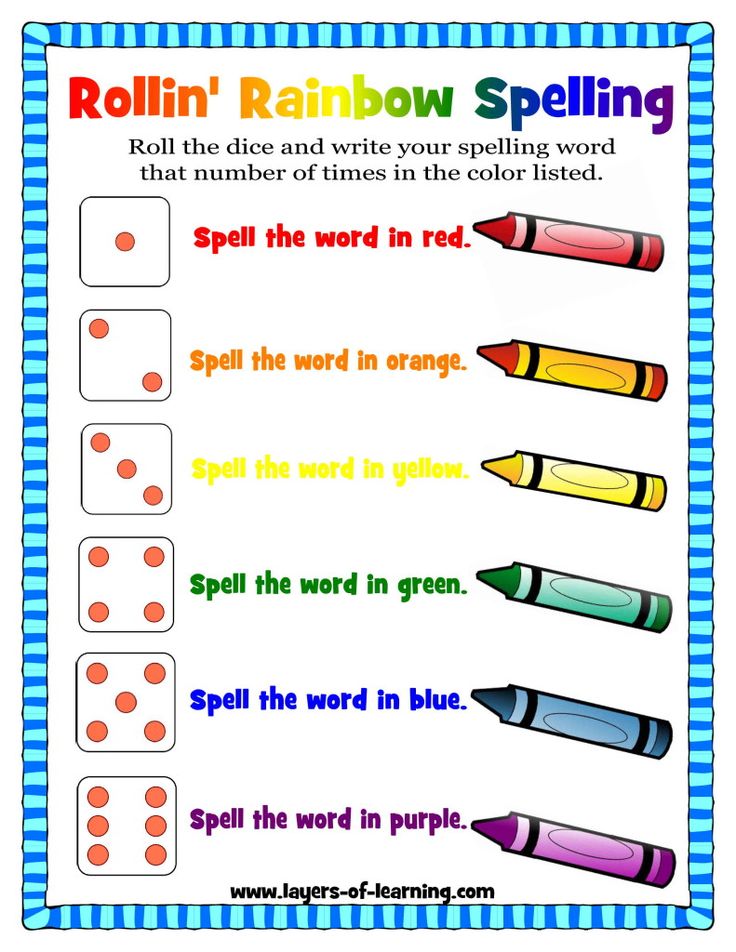 Listen to the description of the first hero:
Listen to the description of the first hero:
Some parents had a boy. He learned to read at the age of four, and at six he was already cooking soup for himself. All in all, he was a very good boy. Very serious and independent, that's why his name was not a boy, but ... (Uncle Fyodor).
Teacher: Write in your notebook.
Slide 7
Teacher: Write down the names of the characters you see on this slide.
cat Matroskin
dog Sharik
cow Murka
calf Gavryusha
Teacher: From which work are these characters? (the story "Uncle Fyodor, the dog and the cat")
(the book with the work is shown)
Teacher: Who is the author? (Eduard Nikolaevich Uspensky)
(a portrait of the writer is fixed on the blackboard) (Appendix 2)
Teacher: Do you know that these characters lived in the same village? What is this locality? (Prostokvashino village) We write in a notebook.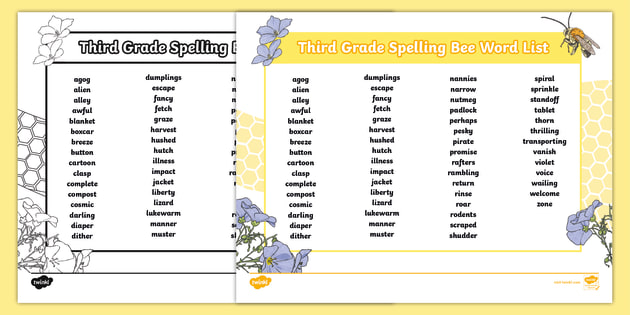
Teacher: Who else lived in Prostokvashino?
little daw Khvatayka
postman Pechkin
Teacher: Which of the characters in this story did not live in Prostokvashino? Write down in a notebook.
mother Rimma
dad Dima
Teacher: Underline proper nouns.
Teacher: Now look at the notes in your notebook and make a conclusion, what words do we refer to proper nouns? Working in pairs, complete the diagram on the sheets (Appendix 3).
Teacher: So, what words belong to proper nouns. (children's answers) And now try to combine proper nouns into groups. What groups have you identified?
6 Names, surnames, patronymics of people
nicknames of animals
The names of literary heroes and heroes of cartoons and folk tales
Geographical names
names of works, films, performances, pictures, paintings, paintings, paintings, paintings, paintings, paintings, paintings, paintings, paintings, paintings, paintings, paintings, pictures Teacher: Why is it important for us to be able to define our own noun or common noun? (children's answers)
Teacher: What do you know about writing proper nouns? (written with a capital letter)
Teacher: You completed the first task and get the 1st capital letter.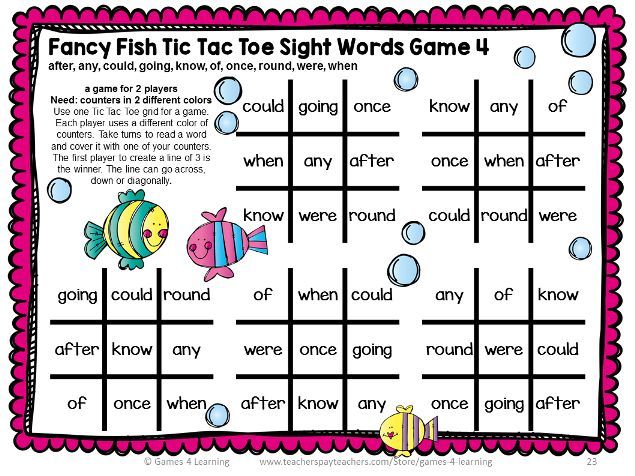
Slide 8
Teacher: What do you know about her?
Teacher: Task 2 - “Show the capital letter”. I will read you an excerpt from the story, if you hear a proper name, then perform a certain action. They stood near their desks. Your first action is to raise your hands up.
Be careful:
Once a calf was born to the cow Murka. Uncle Fyodor, the cat Matroskin and the dog Sharik “... They began to think about what to call him. Sharik says:
— Why think? Let it be Bobby.
The cat will laugh:
— You can also call him Rex. Or Tuzik. Tuzik, Tuzik, eat a watermelon! It's a bull, not some spaniel. He needs a serious name. For example, Aristophanes. And a beautiful name, and obliges.
(2 - arms forward)
Who is Aristophanes? Sharik asks.
"I don't know who," says the cat.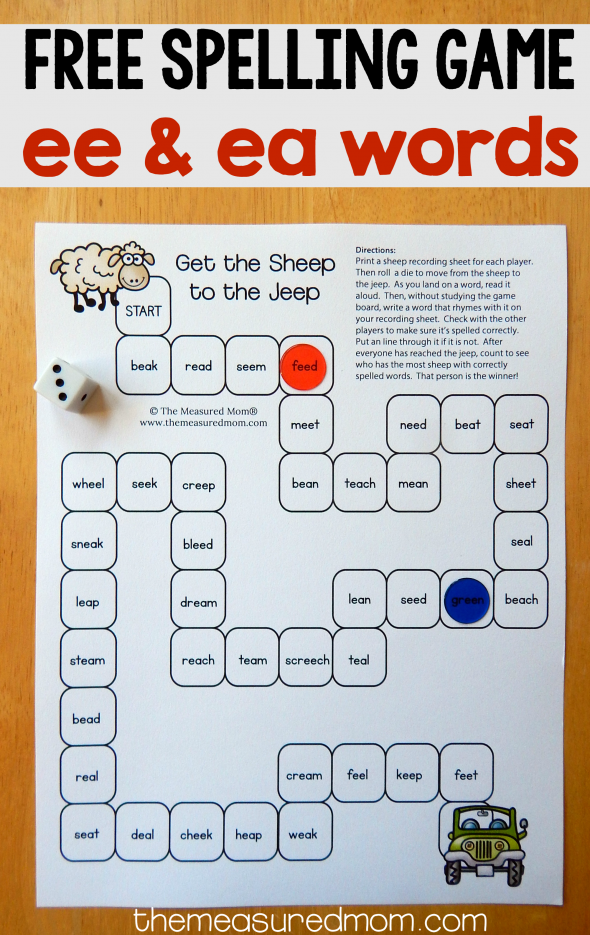 — That was the only name of the steamer on which my grandmother sailed.
— That was the only name of the steamer on which my grandmother sailed.
— A steamboat is one thing, and a calf is another! - Uncle Fyodor says. - Not everyone will like it when calves are named after you. Let's do this here. Let everyone come up with a name and write it on a piece of paper. Which piece of paper we pull out of the hat, so we will call the calf.
Everyone liked it. And everyone began to think. The cat came up with the name Swift. Sea and beautiful. Uncle Fyodor came up with the name Gavryusha. It was very suitable for the calf. And if a big bull grows up, no one will be afraid of him. Because the bull Gavryusha cannot be evil, but only kind.
(3 - clap hands over head)
And Sharik thought and thought and couldn't come up with anything. And he decided: - I'll write the first word that comes to mind. And the word "teapot" came to his mind. He did so and was very pleased. He liked this name - Kettle.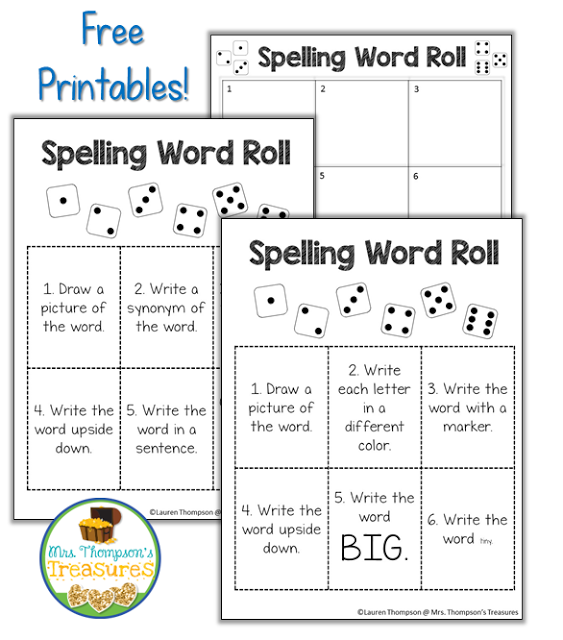 There was something noble, Spanish about him. And when the names began to be dragged out of the hat, this Kettle was pulled out. The cat even gasped:
There was something noble, Spanish about him. And when the names began to be dragged out of the hat, this Kettle was pulled out. The cat even gasped:
—Wow! It's the same as the bull Frying pan or the Pot. You would also call him a ladle.
—What did you think, Uncle Fyodor? Sharik asks.
—I came up with Gavryusha.
—And I am Swift, — said the cat.
(4th action - jump up)
—I like Gavryusha! Sharik suddenly says. - Let him be Gavryusha. It was I who in the heat of the moment called him the Teapot.
The cat agreed:
—Let him be Gavryusha. A very good name. Rare.
And so the calf became Gavryusha…»
Teacher: 2 big letter is yours.
Slide 9
Teacher: What do you know about her?
Teacher: Task 3 - "Word Games".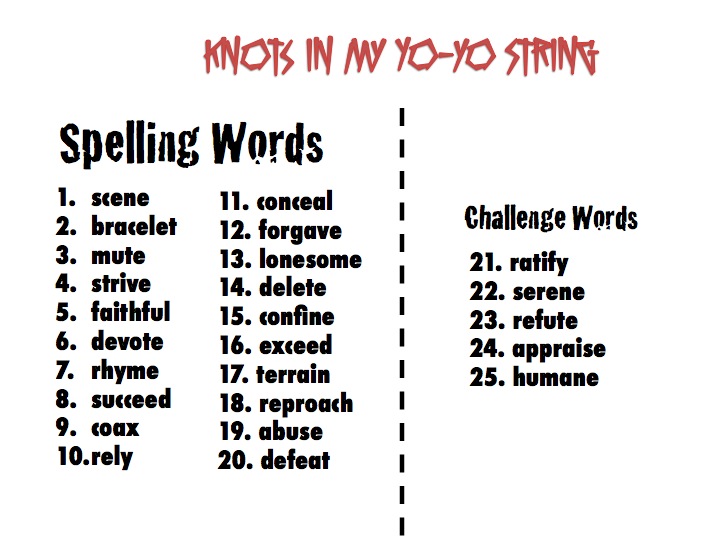 Guess the words encrypted in the poem:
Guess the words encrypted in the poem:
With voiced - I am the queen of flowers,
With a deaf - just a drop of water.
(rose-dew)
Teacher: Which of these nouns can be both a proper noun and a common noun? (rose)
Teacher: What hero's name can turn into a common noun (Sharik). Prove by making sentences. Work in pairs.
Teacher: Well done, the 3rd capital letter is yours.
Slide 10
Teacher: What do you know about her?
Teacher: Task 4 - Find the mistake.
You know that Uncle Fyodor left home because his mother did not allow him to leave the cat at home. After his departure, the parents began to think about how to find their son. And this is what they came up with:
“.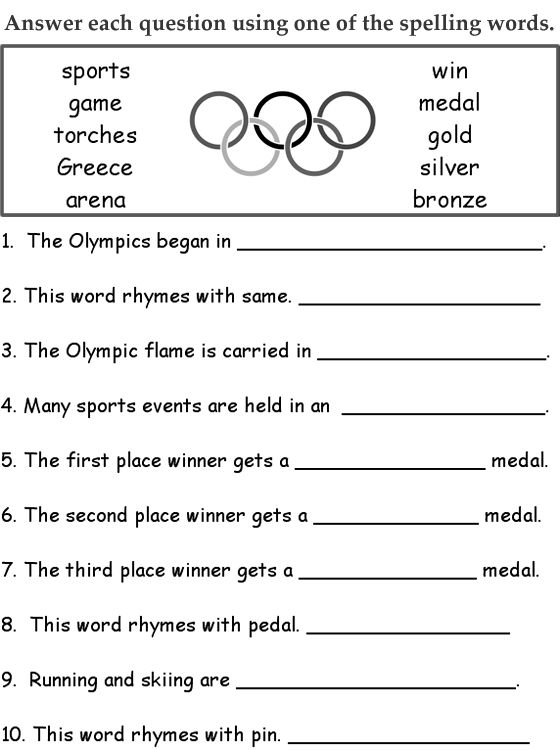 ..— We need to print a note in the newspaper that the boy was missing. My name is Uncle Fedor. And describe all his signs. If anyone sees, let us know. And so they did. Wrote a note. They told how Uncle Fedor looks. And they took the note to the most interesting newspaper. Which has the most readers.
..— We need to print a note in the newspaper that the boy was missing. My name is Uncle Fedor. And describe all his signs. If anyone sees, let us know. And so they did. Wrote a note. They told how Uncle Fedor looks. And they took the note to the most interesting newspaper. Which has the most readers.
This post received a reply from a postman from the village of Prostokvashino. Looking at the map, Uncle Fyodor's mom and dad saw that there was not one village with that name, but _________ (22). Then the parents wrote a letter to the postman of every village. Soon, a letter like this came from a village. It is on your leaflets - Card No. 2 (Appendix 4). The postman, it turns out, did not know what proper nouns are and how they are written, and therefore made a bunch of mistakes. Now in 1 minute you have to find and correct the mistakes with a red felt-tip pen. You will work in groups of 4 people.
(after completing the tasks, the sheets are attached to the board, a check is carried out)
Teacher: You have earned 4 large letters.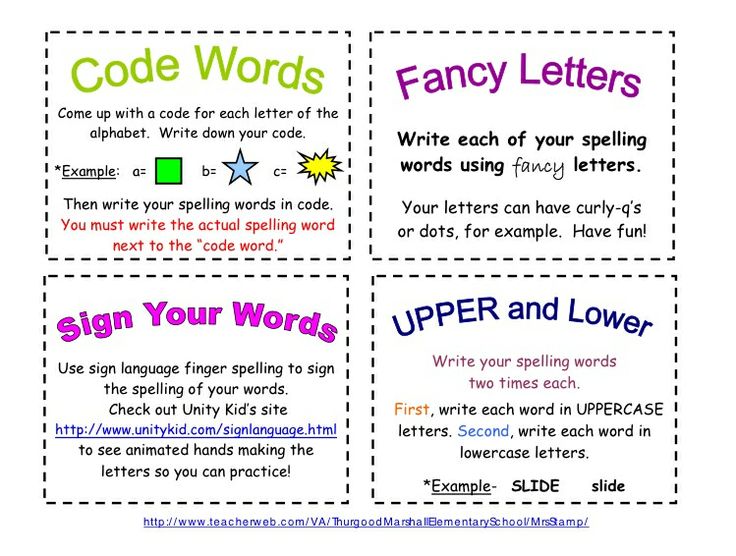
Slide 11
Teacher: What do you know about her?
Teacher: Task 5 “Words, words, words…”. You will perform this task in groups. Each group must write down 2 nouns that have the indicated features (Appendix 5)
1.________________ - noun, animate, proper, singular.
2._______________ - noun, soul, noun, plural
3.________________ - noun, inanimate, own, singular
4.________________ - noun, inanimate, common, plural
(verification is being carried out with the words written on the board)
Teacher: 5 you have a big letter.
Slide 12
Teacher: What do you know about this letter?
Teacher: 6 task will be performed according to the options. Take card number 3.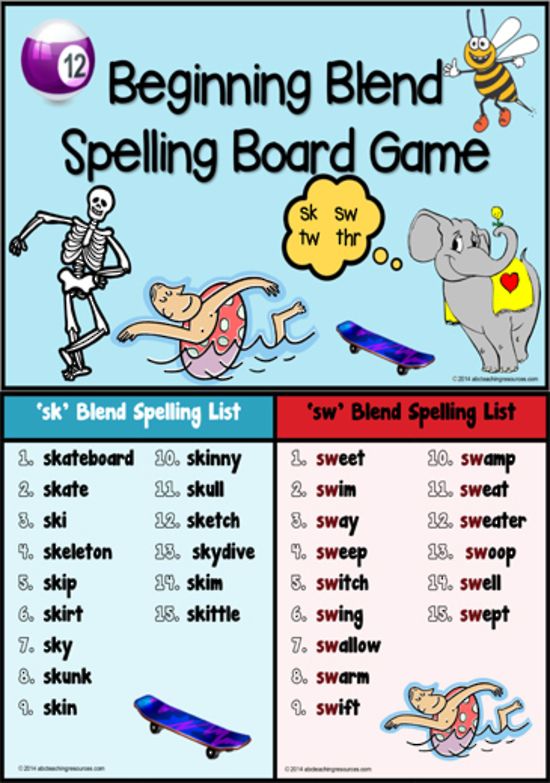 Read the written sentences. The 1st option writes out in the notebook sentences in which the subject is a proper noun, the 2nd option writes out in the notebook sentences in which the subject is a common noun. In each sentence, underline the stem (Appendix 6)
Read the written sentences. The 1st option writes out in the notebook sentences in which the subject is a proper noun, the 2nd option writes out in the notebook sentences in which the subject is a common noun. In each sentence, underline the stem (Appendix 6)
Teacher: 6 big letter is yours.
Slide 13
Teacher: What do you know about her?
Teacher: So, in front of you are the letters that you have earned, make a word.
Slide 14
(WIN)
Teacher: Well, now the super game. Here everyone works for himself. Task for the super game: find as many words as possible hidden in the word victory. Time - 1 minute. (lunch, food, trouble)
6 Teacher: Superigra was the winner ...
-
Reflection
Teacher: So, our game came to an end, the time has come to summarize our lesson:
Teacher: Assess how you learned the topic “Proper and common nouns. Capitalization in words 2
-
Homework Give written answers to the proposed questions so that you get a text.
Teacher: Lesson grades ...
Teacher: You won a well-deserved victory today, now it's time to take a break.
Slide 15
Card No. 1
Returning from the field in the evening,
Olya lost her (C, c) earring.
That (S,s) earring found (S,s)shackle,
He ran, knocked on the window:
-Your (S,s)shackle was found.
Proper nouns
Card No. 2
“Hello, dad and mom!
A postman from the village of prostokvashino is writing to you. My name is Vilkin Vasily Petrovich.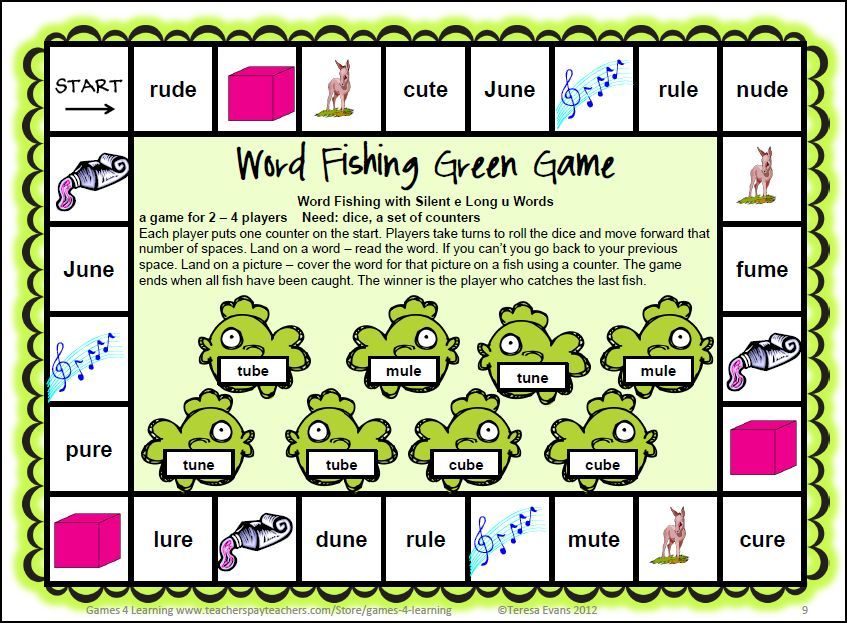 I work well.
I work well.
You ask if there is a boy, Uncle Fyodor, in our village. We answer: we do not have such a boy.
There is one person whose name is Fedor Fedorovich. But this is a grandfather, not a boy.
With big regards, postman Wilkin. No.1
0006
Card No. 3
Sharik loved hunting more than anything in the world. Pechkin brought the parcel to Uncle Fyodor. Every morning the cat milked the cow Murka. Uncle Fyodor's parents received twenty-two letters.
Card #4
Write the answers to the questions to make a story:
1) What is your name?
2) What is your last name?
3) What city do you live in, what street?
4) What river flows in your city?
5) What is the name of your pet?
1 Each word is written in a notebook from a new line, explains the spelling
2 You can draw in a notebook or on a sheet with a diagram - Appendix 3
Russian without load | Mersibo
Screenshots of
- Description
- For whom
- Games
- Video review
All categories
Description
Russian Without Load is a set of 12 games that will help children understand and reinforce the rules of the Russian language.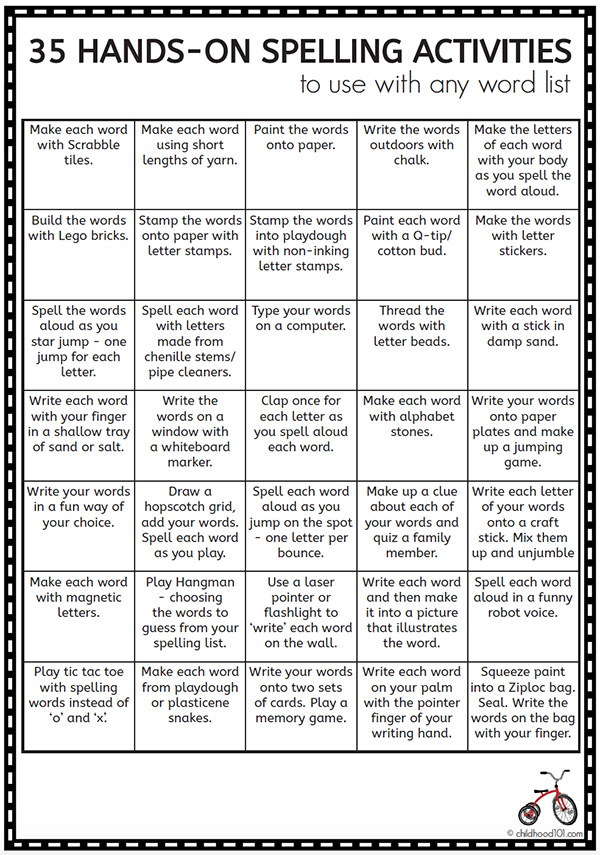 We have selected the most difficult topics for children: writing prepositions and unpronounceable consonants, determining the part of speech and the root of a word, hyphenation and others.
We have selected the most difficult topics for children: writing prepositions and unpronounceable consonants, determining the part of speech and the root of a word, hyphenation and others.
Motivation for children
Exercises are made in a playful way. For example, it is necessary not only to correlate the word with the scheme, but to decipher the secret message. This approach is more familiar to first-graders, it will help to interest them and facilitate learning.
Child-friendly
In games, the difficulty level can be adjusted to adapt the task to the child's individual abilities.
Bonus
The set also includes 24 printable tasks (A4): two for each game. Children will be able to move from a computer game to writing exercises to reinforce the material.
For whom
For which specialists
- Primary school and Russian language teachers,
- caregivers,
- school preparation specialists.
Which children
- 1st to 2nd grade,
- students in various educational programs.
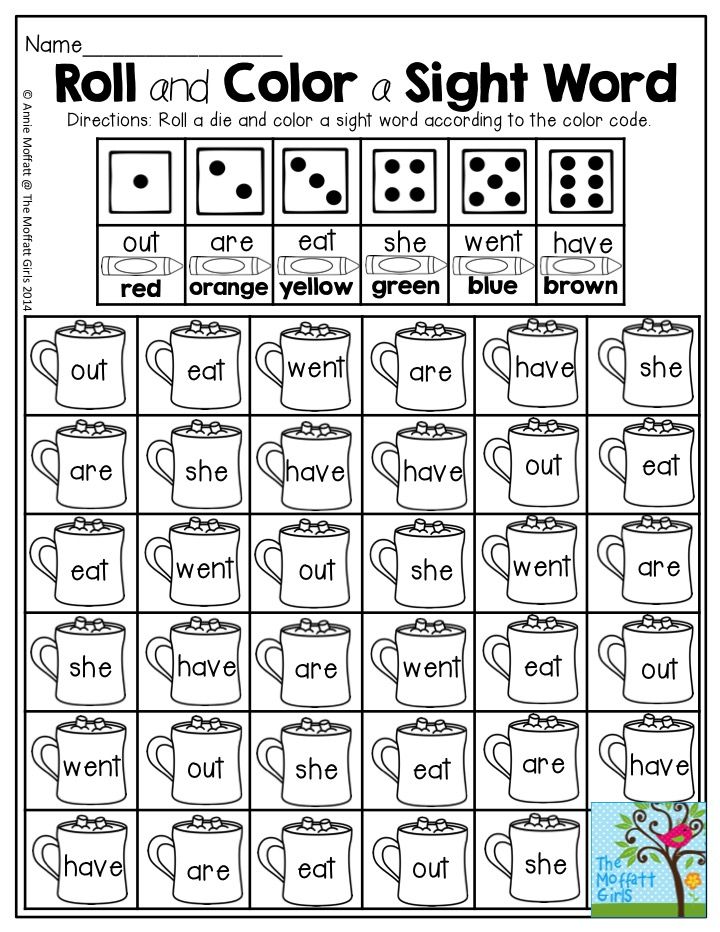
Specifications
For classes you will need a computer running Windows 8 or higher operating system.
Games
Books in a row
A game to practice sorting objects in alphabetical order.
In the Amazon jungle
A game to fix the spelling of proper names and common nouns.
Vdepo
The game trains the skill of separate writing of words in a sentence.
It's about transferring
Game for the ability to correctly transfer words from line to line.
Spy passions
A game of sound-letter analysis, the ability to correlate a word with its color (sound) scheme.
Is it the same address?
Spelling game for combinations of zhi-shi, cha-cha, chu-shu.
Sweet home
At the first stage of the game, we choose which sounds we collect - soft or hard. Then, to build a house, you need to choose only those words at the beginning of which there is only a hard (or soft) sound.
They will be stored locally in your browser's cache. Note that if you delete your browser's "history" then your saved lists might get deleted.
 Save the document.
Save the document. 
 ) won't appear on tablets and smartphones.
) won't appear on tablets and smartphones. This makes the game different
every time you play. Just like the test or practice sections, this game checks for capitalization and apostrophes.
It's a great way to learn while having fun. You can play with your lists or ours!
This makes the game different
every time you play. Just like the test or practice sections, this game checks for capitalization and apostrophes.
It's a great way to learn while having fun. You can play with your lists or ours!
 Crazy Fish is just one of
the many new spelling games for kids that we’ve recently developed.
Crazy Fish is just one of
the many new spelling games for kids that we’ve recently developed.
 If you can't guess the
word, then the whole fish in on the line and you are caught and end up in the fisherman's bucket!
If you can't guess the
word, then the whole fish in on the line and you are caught and end up in the fisherman's bucket!
 If there are a lot of words on the spelling list, you may find
yourself helping Herman through multiple mazes until you've reached the end.
If there are a lot of words on the spelling list, you may find
yourself helping Herman through multiple mazes until you've reached the end.
 The player must use the paddle to hit the purple blocks and they
will be prompted to spell one of their spelling words from their list until their entire list is completed.
The player must use the paddle to hit the purple blocks and they
will be prompted to spell one of their spelling words from their list until their entire list is completed.
 We have selected the most difficult topics for children: writing prepositions and unpronounceable consonants, determining the part of speech and the root of a word, hyphenation and others.
We have selected the most difficult topics for children: writing prepositions and unpronounceable consonants, determining the part of speech and the root of a word, hyphenation and others. 



 Uspensky;
Uspensky; 
 The transition to slide 6 (playing field No. 1) from slides 8-13 is carried out immediately after demonstrating the letter using the button
The transition to slide 6 (playing field No. 1) from slides 8-13 is carried out immediately after demonstrating the letter using the button 
 At the Russian language lesson, the teacher asked the children to write down the noun SEREZHKA in their notebooks. Ira wrote this word like this - earring (writing on the board), and Sasha so - Earring (writing on the board). Who do you think is right: Ira or Sasha? Prove it.
At the Russian language lesson, the teacher asked the children to write down the noun SEREZHKA in their notebooks. Ira wrote this word like this - earring (writing on the board), and Sasha so - Earring (writing on the board). Who do you think is right: Ira or Sasha? Prove it.  Today we will summarize everything we know about proper and common nouns, perform many interesting tasks.
Today we will summarize everything we know about proper and common nouns, perform many interesting tasks. 
 Listen to the description of the first hero:
Listen to the description of the first hero: 

 — That was the only name of the steamer on which my grandmother sailed.
— That was the only name of the steamer on which my grandmother sailed.  There was something noble, Spanish about him. And when the names began to be dragged out of the hat, this Kettle was pulled out. The cat even gasped:
There was something noble, Spanish about him. And when the names began to be dragged out of the hat, this Kettle was pulled out. The cat even gasped:  Guess the words encrypted in the poem:
Guess the words encrypted in the poem:  ..— We need to print a note in the newspaper that the boy was missing. My name is Uncle Fedor. And describe all his signs. If anyone sees, let us know. And so they did. Wrote a note. They told how Uncle Fedor looks. And they took the note to the most interesting newspaper. Which has the most readers.
..— We need to print a note in the newspaper that the boy was missing. My name is Uncle Fedor. And describe all his signs. If anyone sees, let us know. And so they did. Wrote a note. They told how Uncle Fedor looks. And they took the note to the most interesting newspaper. Which has the most readers. 
 Read the written sentences. The 1st option writes out in the notebook sentences in which the subject is a proper noun, the 2nd option writes out in the notebook sentences in which the subject is a common noun. In each sentence, underline the stem (Appendix 6)
Read the written sentences. The 1st option writes out in the notebook sentences in which the subject is a proper noun, the 2nd option writes out in the notebook sentences in which the subject is a common noun. In each sentence, underline the stem (Appendix 6) 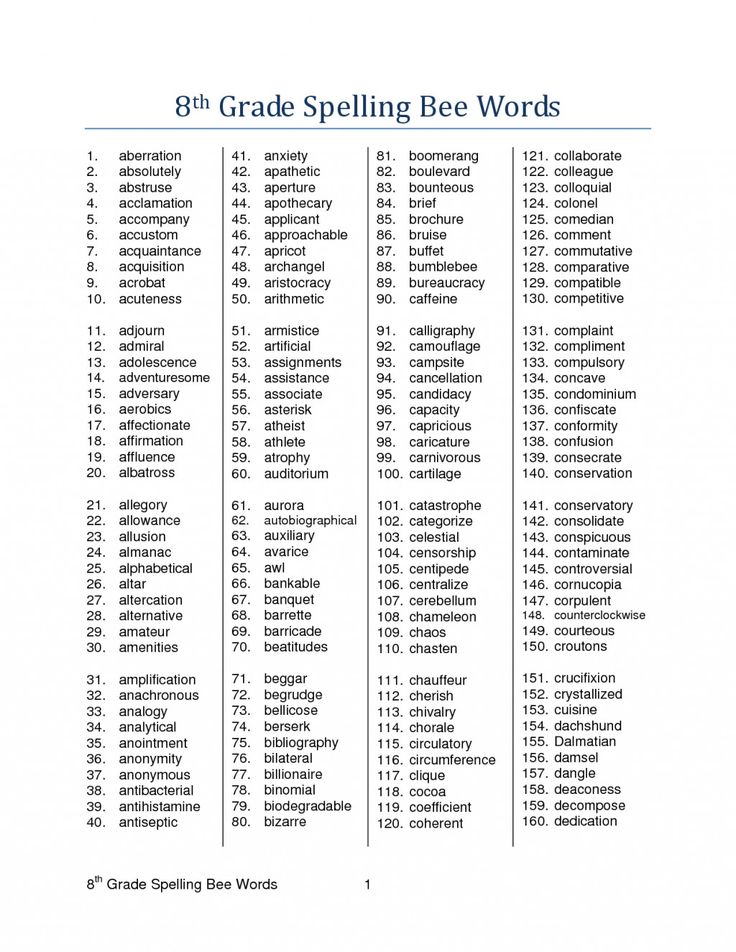
 I work well.
I work well. 